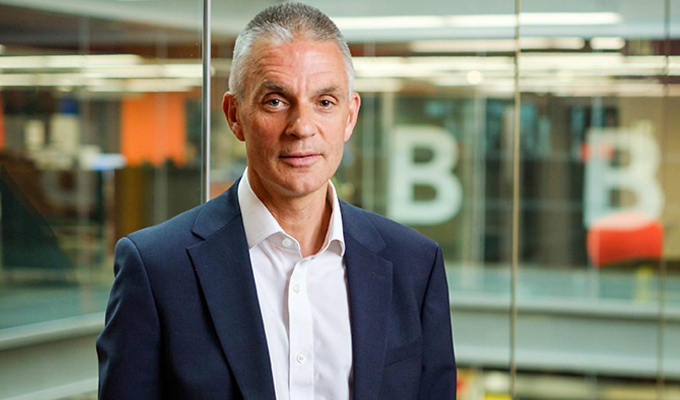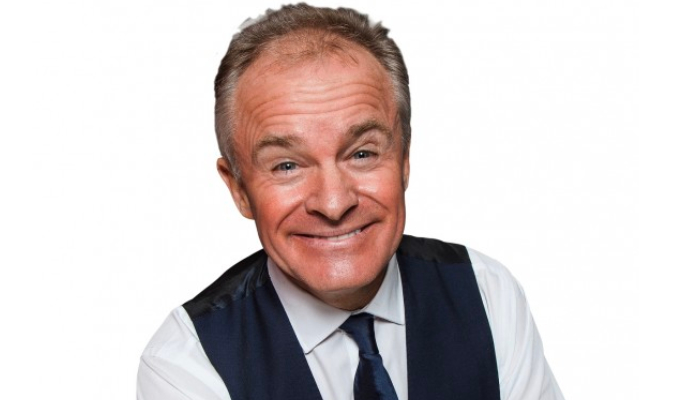
TV chiefs order 41 per cent less comedy
...and genre could be harder hit amid changes to BBC Three
TV commissioners are turning away from comedy – with a dizzying 41 per cent drop in the number of new shows ordered last year.
The genre was the category hardest hit by the drastic downturn in production across the industry last year, a new report has found.
Ampere Analysis discovered an 18 per cent decline in the market for scripted TV commissions across all genres, with only the licence-funded BBC maintaining constant levels. It was responsible for half of all scripted shows ordered in 2023.
Yet the national broadcaster reigned back on comedy substantially, with a 27 per cent drop in orders, the study found.
In contrast the BBC’s orders for children and family shows rose 23 per cent, while commissions for crime dramas and other thrillers were up 16 per cent.
Industry insiders also fear comedy will be further hit by the BBC’s decision to downgrade BBC Three as a linear channel to focus on iPlayer – two years after it was revived from being online-only.
In a speech to the Royal Television Society yesterday outlining his vision for the future, director-general Tim Davie, pictured above, said: ‘We will deliver more value for younger audiences by focusing all our commissioning, marketing and social media activity on BBC iPlayer rather than through BBC Three’s linear channel.’
BBC Three moved online only in 2016, but was brought back to linear broadcast in February 2022 amid fears younger viewers were deserting the corporation.
However, critics branded the £80million relaunch a wasteful flop, with many shows failing to attract more than 50,000 viewers. At the time the BBC said: ‘ We don’t judge a show on a single overnight rating as it doesn’t reflect real programme viewing.’
Ampere said changes in viewers’ behaviour and a weak advertising market are to blame for the crash in the number of new shows being commissioned.
Zuzana Henkova, a senior analyst at the company, said: ‘While commercial operators and broadcasters adapt to pressures on consumer spend and a tough advertising landscape, public service broadcasters have maintained their commissioning activity. This is undoubtedly one of the strengths of the public funding model.’
Published: 27 Mar 2024






